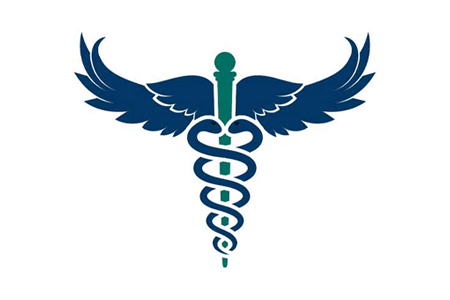Pharmaceutical industry leaders and companies face complex issues that grow more challenging by the day. Healthcare reform and changes in technology, government policy, and consumer expectations are revolutionizing relationships with key stakeholders and impacting operations in unforeseen ways.
Globalization is presenting its own set of challenges that span multiple levels of most pharmaceutical organizations — from marketing to regulatory. Add to the mix the “patent cliff,” a sagging economy, shrinking R&D budgets, and lackluster sales pipelines, and you have a recipe that would challenge even the most seasoned leadership team.
Most experts believe that companies that succeed in the face of such challenges will do so by placing a renewed emphasis on innovation. Moreover, they will adapt effectively in the face of change and uncertainty and will position themselves as a vital partner in the healthcare delivery chain.
As noted in our white paper, one of the most crucial questions facing the industry, though, is what leadership skills companies will need to navigate this complex and changing landscape — and how current pharmaceutical industry leaders stack up.
To shed light on the issue, we conducted a study to address 3 key questions:
- What leadership competencies are most critical for success in pharmaceutical organizations?
- How strong are current pharmaceutical industry leaders in the competencies most critical to success?
- What potential pitfalls lie ahead?
Below we will dive deeper into each question.
Which Leadership Skills Are Needed by Pharmaceutical Industry Leaders?
What Our Study Found
1. What leadership competencies are most critical for success in pharmaceutical organizations?
To answer the first of our questions about leadership in the pharmaceutical industry, we looked at the relative ratings current pharma executives gave when asked to rank the 16 Benchmarks® competencies according to how important each was for success.
Among the key findings from our study, building collaborative relationships was rated as the most important quality needed for effective leadership. It topped the list for 90% of the pharmaceutical industry leaders who provided Benchmarks performance data on leaders in their organizations.
Partnerships and collaborations are the rule rather than the exception they once were in the pharmaceutical sector. Companies are looking for leadership that can leverage relationships across the industry, government, healthcare professionals, and patients. Building collaborative relationships is a key competency to thriving in this new environment.
2. How strong are current pharmaceutical industry leaders in the competencies most critical to success?
To answer our second question we looked at our Benchmarks data from 2 different perspectives.
First, we averaged the Benchmarks competency scores given to pharma leaders by 3,563 of their colleagues. The scores range from 1 (not a strength) to 5 (a clear strength).
Next, we looked at how those averages stack up against the competencies rated most important for success.
Among the key findings from our study, current pharma leaders were rated lowest on their ability to confront problem employees. Respect for differences, putting others at ease, and being a quick study were rated clear strengths — but are not among the top-rated competencies judged vital to success.
The most important capability of all — building relationships — received the 6th-lowest score.
Leaders clearly are underperforming in many of the skills areas deemed most important to the industry.
3. What potential pitfalls lie ahead?
For more than 2 decades, our researchers have been exploring why a promising career suddenly comes to a halt through derailing. We’ve closely followed pharmaceutical industry leaders who were identified early in their career as having significant potential, but who stalled before fulfilling those expectations. Some reached a plateau or were demoted. Others had their responsibilities reduced, retired early, or lost their job.
Regardless of the form it takes, career derailment has significant direct and lost-opportunity costs for an organization, as well as a devastating impact on the individual involved.
Our research shows there are 5 dominant derailment characteristics that have remained constant over time and across cultures:
- Problems with interpersonal relationships
- Failure to meet business objectives
- Inability to build and lead a team
- Inability to change or adapt during a transition
- Overly narrow functional orientation
Access Our Webinar!
Watch our webinar, Leadership in the Future of Healthcare: Befriending Polarity & Paradox, and learn the 6 leadership paradoxes related to leading effectively in the healthcare ecosystem’s “next normal.”
Overcoming Challenges Faced by Pharmaceutical Industry Leaders
Our research was designed to answer basic questions about the present state of leadership in the pharmaceutical sector. We found there are significant gaps in many key capabilities that are critical to success.
Pharma organizations that survive and thrive will develop these important leadership competencies, and they will prepare their leadership teams to handle the performance challenges inherent in the 21st-century trends the industry faces — from healthcare reform, a struggling economy, and global competition, to technological advances, partnerships and alliances, and diversity in the workplace.
Ready to Take the Next Step?
We can help your company achieve transformational change. The experts in our Healthcare Practice can partner with you to provide maximum learning and growth for your pharmaceutical industry leaders.








